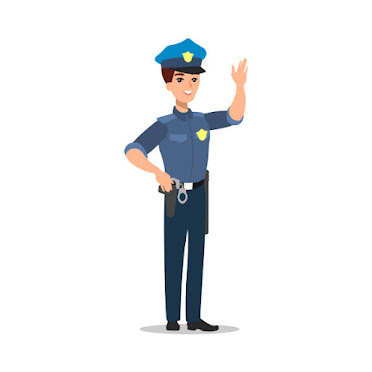Best Uniform Security Guard
A security guard (also known as a security inspector, security officer, or protective agent) is a person employed by a government or private party to protect the employing party's assets (property, people, equipment, money, etc.) from a variety of hazards (such as criminal activity, waste, damaged property, unsafe worker behavior, etc.) by enforcing preventative measures. Security guards do this by maintaining a high-visibility presence to deter illegal and inappropriate actions, looking (either directly, through patrols, or indirectly, by monitoring best uniform security guard alarm systems or video surveillance cameras) for signs of crime or other hazards (such as a fire), taking action to minimize damage (such as warning and escorting trespassers off property), and reporting any incidents to their clients and emergency services (such as the police or paramedics), as appropriate.
Security officers are generally uniformed to represent their lawful authority to protect private property. Security guards are generally governed by legal regulations, which set out the requirements for eligibility (such as a criminal record check) and the permitted authorities of a security guard in a given jurisdiction. The authorities permitted to security guards vary by country and subnational jurisdiction. Security officers are hired by a range of organizations, including businesses, government departments and agencies and not-for-profit organizations Until the 1980s, the term watchman was more commonly applied to this function, a usage dating back to at least the Middle Ages in Europe where there was no form of law enforcement. This term was carried over to North America where it was interchangeable with night-watchman
Security officers are sometimes regarded as fulfilling a private policing function.A private security officer's responsibility is protecting their client from a variety of hazards (usually in the form of criminal acts). Security personnel enforce company rules and can act to protect lives and property, and they sometimes have a contractual obligation to provide these actions. In addition to basic deterrence, security officers are often trained to perform specialized tasks such as arrest and control (including handcuffing and restraints), operate emergency equipment, perform first aid, CPR, take accurate notes, write detailed reports, and perform other tasks as required by the client they are serving. All security officers are also required to go through additional training mandated by the state for the carrying of weapons such as batons, firearms, and pepper spray
Some officers are required to complete police certification for special duties. In recent years, due to elevated threats of terrorism, most security officers are required to have bomb-threat training and/or emergency crisis training, especially those located in soft target areas such as shopping malls, schools, and any other area where the general public congregate. One major economic justification for security personnel is that insurance companies (particularly fire insurance carriers) will give substantial rate discounts to sites which have a 24-hour presence. For a high risk or high-value property, the discount can often exceed the money being spent on its security program. Discounts are offered because having security on site increases the odds that any fire will be noticed and reported to the local fire department before a total loss occurs. Click Here



Comments
Post a Comment